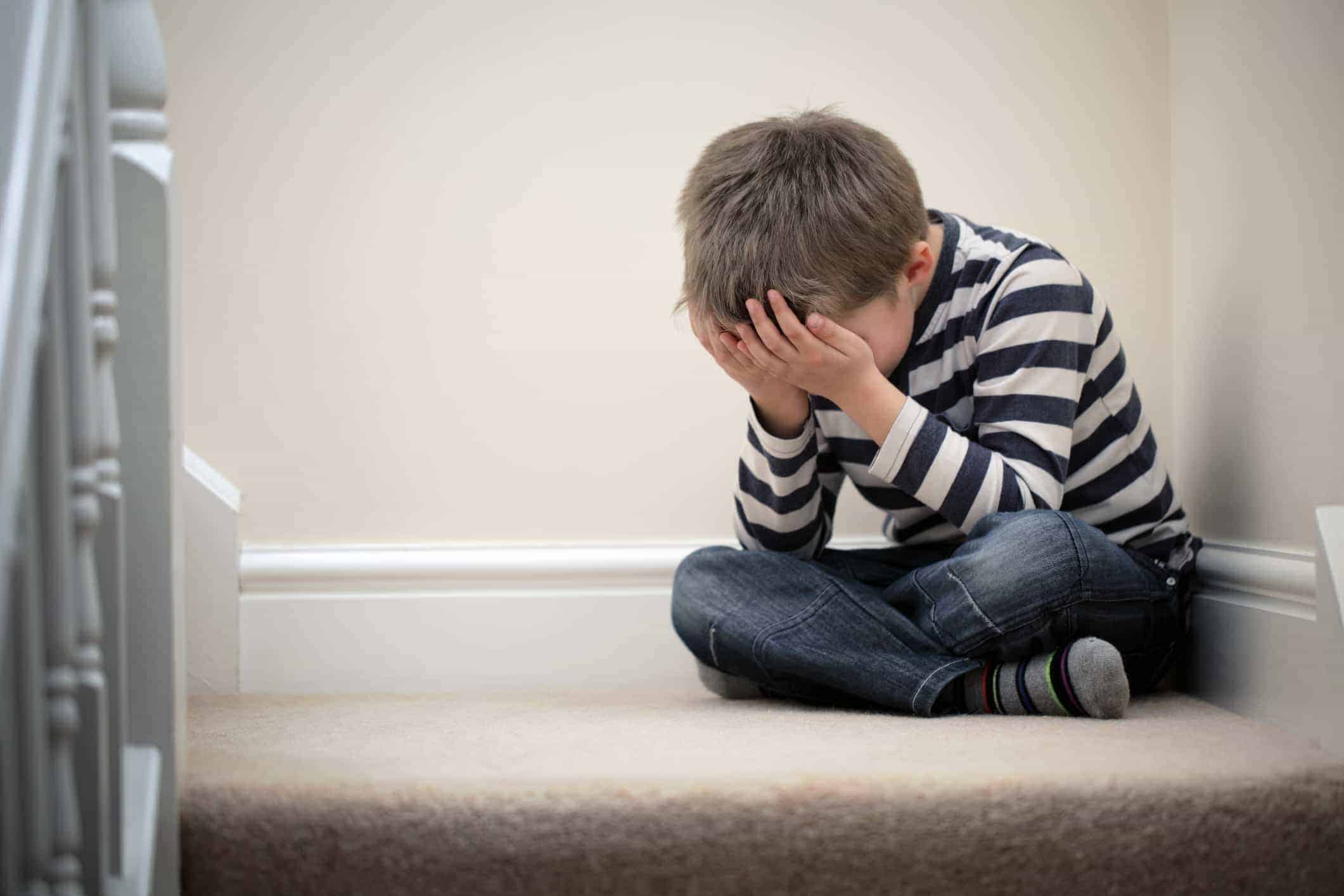“I wish I was dead”
“I wish I’d never been born”
“I want to die”
“If I have to do this/if this happens I will kill myself”
“I want to kill myself”
and so on.
It’s very distressing for parents to hear their children say these things. As parents, our dearest wish often is for our children to have a happy, meaningful life – and hearing these words is often a shocking blow.
Here are some steps you can take if you have heard your child use sentences such as these.
1. Try not to panic.
Many children say something like this at some point, it is not uncommon. It does not necessarily mean your child is depressed (they may be, but it’s not a definitive sign) nor does it doesn’t mean there is something else wrong with them. It doesn’t necessarily mean they are hiding something from you, that they are sad “deep down” nor does it necessarily mean they need help. Of course some children who say “I wish I was dead” ARE depressed, or DO have immediate needs for support, but the words alone don’t usually suggest this.
2. Don’t tell them off or get cross at them – empathise instead.
Don’t get mad, don’t lecture them about why they should not be sad. Don’t lecture them about all the good things in their lives. Telling children off for talking about how bad they feel can sometimes make them feel more ashamed, and more unhappy.
Instead, empathize.
Say: “I’m so sorry you feel so bad”, “I wish you felt better”, “I’m really sorry you are hurting so much” or something similar.
2. Take time to find out thoughts and reasons for their distress
It is important to try to find out details about what the child is upset about. Gently ask a few questions. Here are some options if you can’t think of what to ask:
What is the worst thing about this?
What do you think about when you feel upset?
What do you wish was better?
If you could change something what would it be?
What is most upsetting for you?
Is there something you feel most angry about?
What do you think could go wrong.
Which part of the day has been the worst?
When do you feel most upset?
And so on.
Don’t interrogate the child by asking more questions than they seem comfortable asking. Also remember to pick your time to ask questions (you may need to wait until they are calm).
But do try to get some more details about what is going on for them.
4. Try to help them to express their feelings in other ways.
“I wish I was dead” thoughts are often about children telling us they feel really distressed – and this is the only way they can fully express their feelings. It children can slowly learn to express this distress with more detail, and in other ways – then they will cope better with these feelings and we can help them more effectively.
Gradually help children learn to use different types of “emotion words” and a reason for these emotions. For example say “I feel so hurt about this friend right now” and “I feel very very angry and disappointed about that” and “It feels like I will never be able to do this” and so on. You might need to suggest the sentence first for example: “It sounds like you are feeling ………..does that sound right?”
You could also give them other ways to express their emotions, for example offering to draw with them, jump on the trampoline, or write a song or a poem about how they feel.
5. Check on safety.
If you are concerned about your child’s safety, then it is important to not ignore this – but instead take steps to keep them as safe as possible.
First this means checking on whether they have any specific plans about when and how exactly they would hurt or kill themselves. If a child has said they are going to hurt themselves, ask them about it. Say something like:
“have you thought about how would you hurt yourself? or when”
Don’t worry about putting “ideas in their head”. You are simply asking them the question, not suggesting anything to them. If you are genuinely concerned about their safety, it is better to know about their plans.
Second, If they appear to have a particular plan or time, keeping children safe then also means trying to limit their ability to hurt themselves. For example, this means keeping means and access of hurting themselves as far away as possible, and keeping them from spending long amounts of time on their own.
6. Consider Getting help
Although it is important to know that not every child who says “I wish I was dead” has mental or emotional health problems – it is also useful to consider getting help as an option. Children with strong emotions often benefit from counselling or support from others, as do their parents. Speak to your GP, a school counsellor or teacher – or feel free to call our offices if you would like to know about support options.



